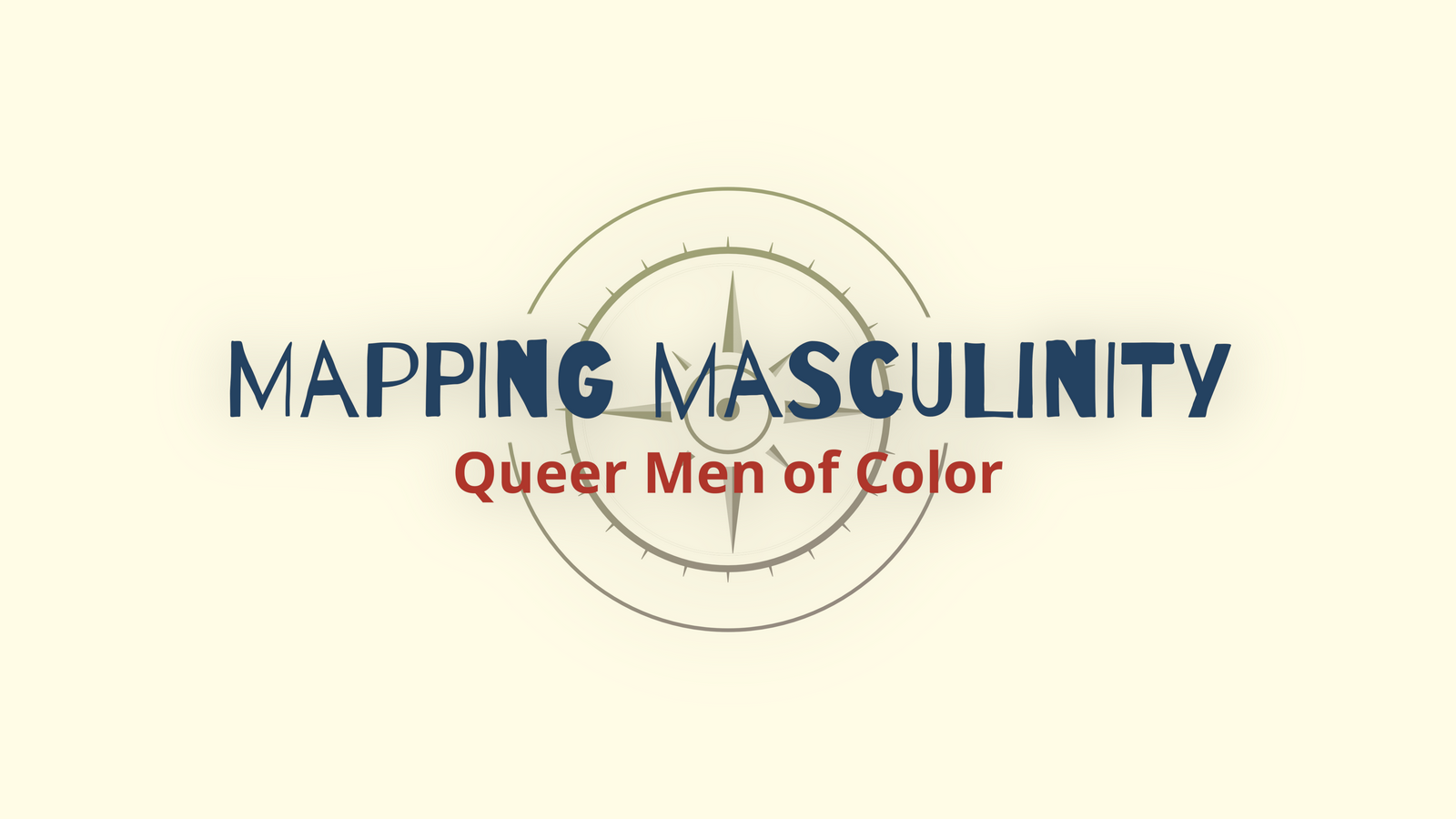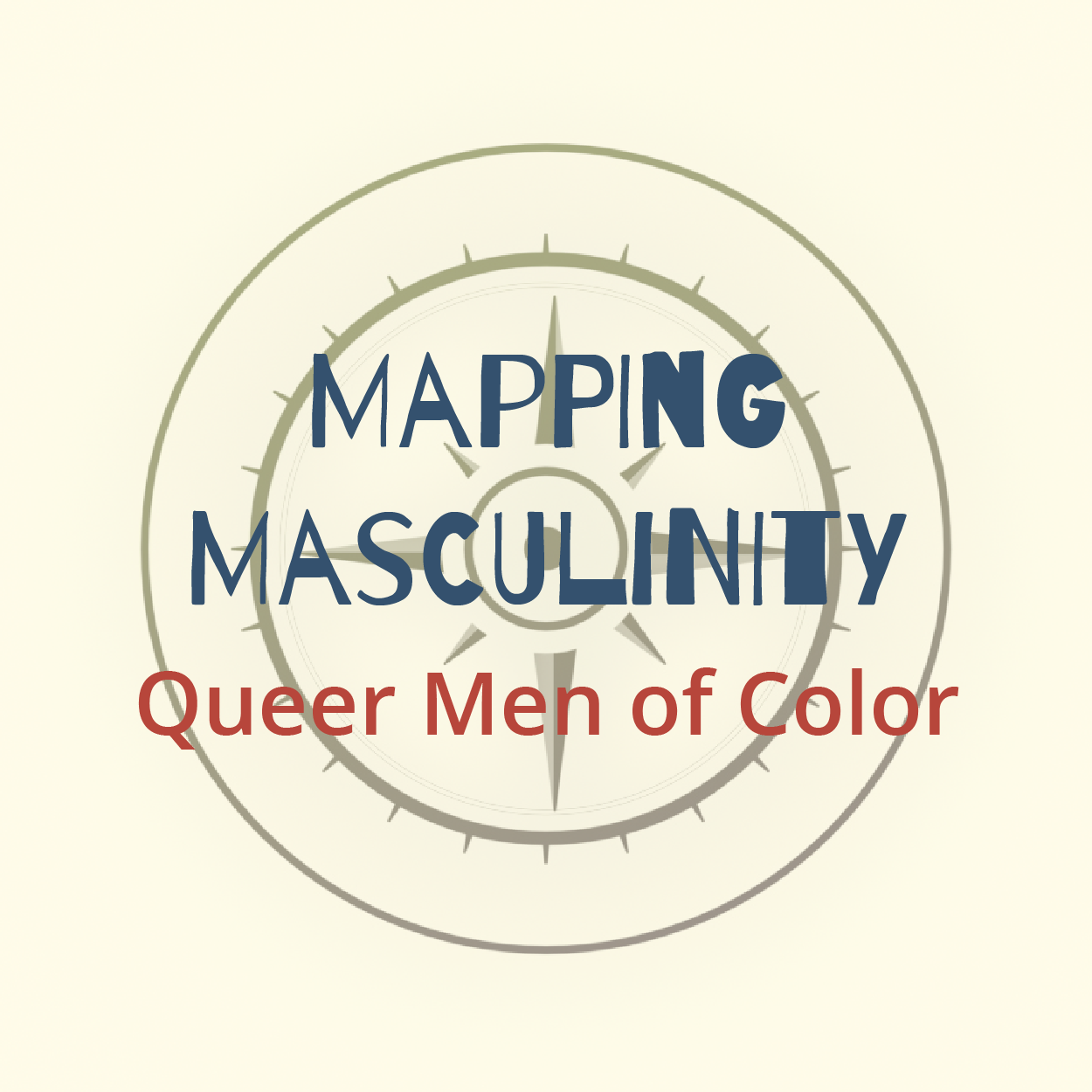



POC men reflect on embodiment in queer culture.
When we first brainstormed, the biggest challenge was to understand which pieces of this very long conversation were of interest, and how these pieces would connect. Although we had contact with folk who were interested in participating already, we were clear in prioritizing the spontaneity of where this would lead us. Instead of directing the ship, we were simply steering it where it felt necessary based on the voices of those sharing. After all, our intention is not to be famous filmmakers, but be more of a vessel, a bridge, for our communities to tap into the resources and tools that we have acquired.
If we all, or a bunch of us, heal, then we individually heal.
We are very optimistic about this very possibility.
This led us to have abstract ideas of why we felt that intersectional masculinity needed to be discussed. One of the first examples of this exploration was how bodies are weaponized and fetishized. We thought of those stories we had heard from friends and colleagues regarding their experiences in white-dominant spaces, whilst performing, whilst teaching or organizing, and any other space that allows the white-gaze and male-gaze to impact the experience of us in connection to our bodies.
Even something as innocuous as expecting or projecting that a black or brown body will know how to move sensuously, be a “great” dancer, or be beautiful “smooth” or “muscular” can be, well, harmful. We wanted to explore how this could be changed by celebrating these forms and movement, whilst building a base of understanding. After all, what does it means for men, from these communities and backgrounds, to have the self-awareness and strength to have a job or art form within movement and dance in a world where these elements of self-esteem, flamboyance, fitness and audience approval come with a patriarchal, capitalist punch?
All of these conversations are with men—trans, queer, and cis—who identify as BIPOC, and, or immigrants in the United Statian experience.